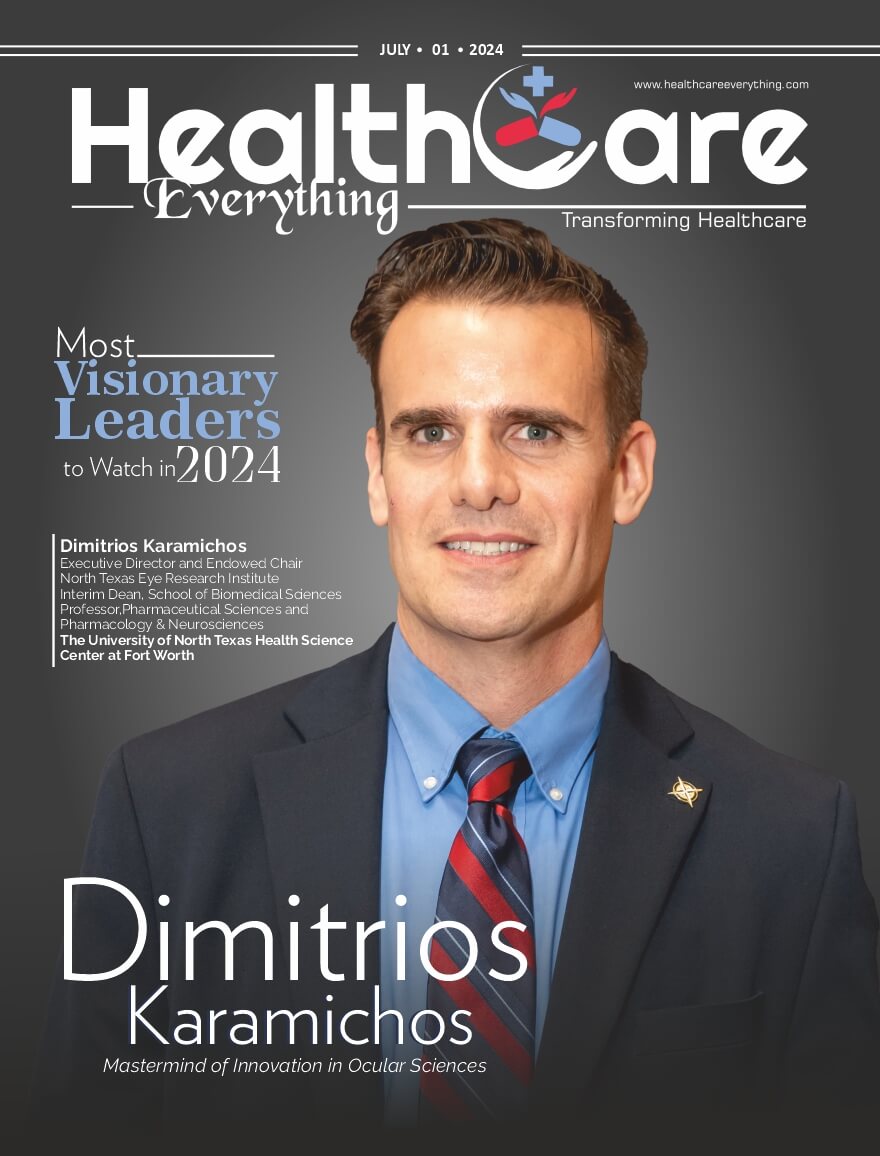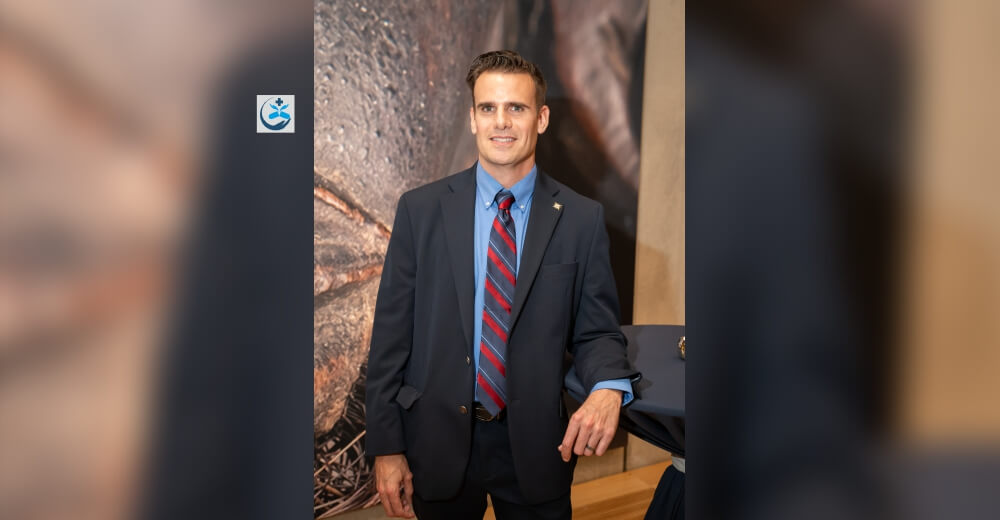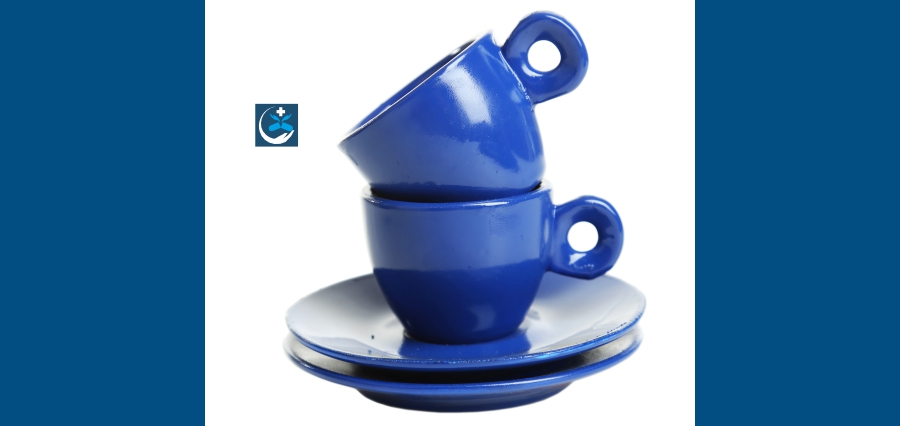Throughout our lives, we tend to accumulate a multitude of possessions that hold sentimental value or serve practical purposes. However, as the years pass, many of these possessions find themselves forgotten, left unused, and slowly turning into clutter within the confines of our homes. Downsizing can be an aid for aging people to redefine their lives by decluttering and moving to a new place.
It is an overwhelming process but organizations like Transition Squad are easing the burden of downsizing by doing all the work and finding the best homes for its clients. They offer a helping hand to individuals seeking to declutter their homes and embark on a new chapter in their lives.
In an effort to reduce the amount of pain and struggle adults with senior parents experience, Viraf Baliwalla founded Transition Squad. By providing practical solutions and personalized strategies, Transition Squad ensures a smooth transition to a more simplified and organized lifestyle.
Our interview with Viraf Baliwalla explores the inspiring journey of Transition Squad and what drove him to start it. Below are excerpts from the interview:
Kindly brief us about your organization and its inception story.
At first, Transition Squad was not called Transition Squad. It was called Private Seller’s Toolkit and was a business designed to help people sell their homes privately at a lower cost. However, our first client had a mother with Alzheimer’s, and I saw the pain that she was going through. I had to downsize my dad as well from a distant city and knew first-hand what it was like. My friends had reached that age where many of their parents were having health issues and had to downsize. It was then that the lightbulb went off in my head and we decided to pivot from a business that helped people save some commission to one where we were helping seniors and families at a time of real need.
Please tell us about yourself and your professional journey so far.
I graduated from the University of Waterloo in 1986 with a degree in computer science. I was offered a job with Raytheon in Boston programming radar systems for the government. However, I had an entrepreneurial drive and started a desktop publishing company when the Macintosh first came out. I had no idea how the printing industry worked but was a quick study on computers and software. So, I approached a printing company that had a Mac sitting there but didn’t know what to do with it. I met with the owner and offered a trade – you teach me about the printing industry, and I’ll volunteer my time to do business cards, letterheads, and stationery for you.
A short time later, I returned home, got married and started a new programming job during the day while operating my desktop publishing business at night from a home office. I worked day and night for about 6 months, and I had about 85% of the small to mid-size printers using my services. I quit my full-time job and started to focus on growing my business. I hired additional help and as we outgrew the space in one home, we simply moved to a bigger house. We also added more services like graphic design, prepress, and multimedia, and by 1996, we made it to the “top 100 ad agencies in the country” list. Then the internet started becoming popular and I always had a passion for connecting buyers and sellers, so I built one of the first online classifieds engines in the nation. We ended up powering about 23 radio stations throughout the US and Canada. Our most popular category was autos and we developed relationships with car dealers and got to know their business very well. We decided to flip over to help consumers with buying cars, and now that we knew the inside secrets of the industry; we became car brokers. Fairly early on, we approached businesses to offer this as a benefit to their staff. One of the first companies we approached was an insurance company. Not wanting to put all my eggs in the insurance business, I looked at what other problems I could solve. I knew how to sell homes privately, so I built a solution to help others do the same and save commission. Our first client had a mother with Alzheimer’s and that started our pivot to becoming Transition Squad to help seniors downsize. At first, we just helped with packing and move management. But our first few clients asked what to do with all their “stuff”.
After some research, we did what everyone else in that business was doing – pack it up and send it to an auction house. So, we did that. The auction houses would sell for pennies on the dollar and couldn’t sell the big items, so they disposed of them at our clients’ expense. This disappointed a lot of clients and we figured out a way to bring the buyers to the stuff rather than packing and taking the stuff to the buyers. We would put through 500-2,000 people through a home on a weekend morning and afternoon and sell about 50% – 70% of the contents. To help sell more, we then added online auctions to our website. One day we had a high-rise condo client. We were not allowed to do an estate sale due to logistics and traffic, but they let us do an auction pickup. Instead of prices being negotiated down, they skyrocketed, and we realized that if we switched the order around to do auctions first, it would drive up the prices of desirable items. Then we could do the estate sale for everything else. Now that is what we try to do with every client project.
What are the core values of the organization? What is its mission and vision statement?
Our mission is to take away the burden of the downsizing process, find a good home for our clients’ belongings, and maximize the sale price on behalf of our clients. Our vision is to convert the way people sell and buy second-hand items to an auction format. We have one core value – do our best to help our clients.
In what ways is the organization incorporating emerging technological solutions to be the leading home care solution provider in 2023?
We have built our own online auction platform to give us complete control over the selling process. We have also automated many processes to make them highly efficient and easy to use for most people.
What are the challenges the home care industry currently faces and how is your organization making the best out of it?
There have been many free solutions that have emerged causing the market to be flooded with second-hand items, driving prices down. Many of these solutions have not had sustainable business models and have gone by the wayside. We are adapting the way we sell to try to maximize dollars for clients, however the end results always depend on what our clients have for sale.
As an experienced leader, what advice would you like to give to aspiring entrepreneurs and enthusiasts who wish to venture into the competitive industry that you are serving?
Be innovative and solve a problem, don’t just try to offer yet another free solution. You won’t make it.
What are the future goals of the company? How does it envision scaling up its operations and reach in 2023 and beyond?
We have set ourselves up to franchise. We have opened corporate territories in Tampa, Florida and Toronto, Ontario, Canada. We hope to have franchisees serving many markets throughout North America through our centralized website.







